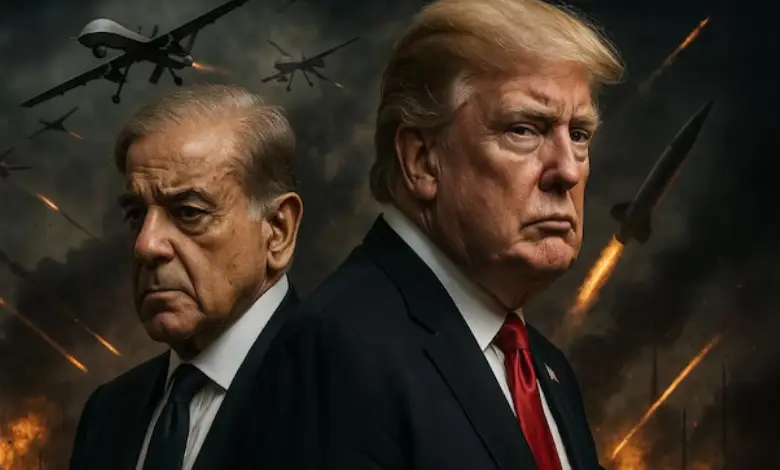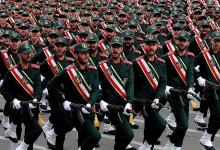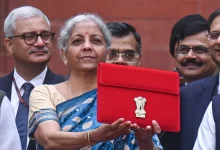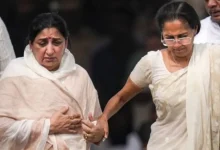US Shuts Down Pakistan’s Phone-A-Friend Bail Out Option, JD Vance Says US Won’t Intervene In India-Pak Conflict

New Delhi: In the middle of an unprecedented pounding by India, Pakistan woke up on Friday to realise its most reliable lifeline had also been withdrawn. Throughout its history, Pakistan had been getting into confrontations with India with the belief that if the going got tough it would be bailed out by the US, to whom it would rush with an SOS.
Unwilling to let Pakistan get away without punishment, India made a bold move. It asked the Army’s Strike Corps to make preparations to leave their bases. Around the same time, American spy satellites captured images of Indian tanks, heavy artillery being loaded on trains in Rajasthan.
Prior to this mobilisation, Pakistan was resorting to the usual strategy of denial and bluster. On public platforms, the Nawaz Sharif government was denying Pakistan’s role in Kargil. But the moment Sharif heard of the movement on the Indian border, he sought a meeting with US President Bill Clinton. At the meeting, Sharif agreed to pull his fighters out of Kargil, and restore the sanctity of the Line of Control.
Pakistan’s behaviour during the Kargil war tells us two important things. One, in spite of its nuclear blackmail and bluster, Pakistan is wary of fighting a conventional war with India. Two, every time it wants to save itself, Pakistan leans on Washington (or the international community) for a face-saving exit.
“What we can do is try to encourage these folks to deescalate a little bit, but we’re not going to get involved in the middle of war that’s fundamentally none of our business and has nothing to do with America’s ability to control it.”
Amid clear signs of Washington’s hands-off approach, leaving India and Pakistan to sort it out, Republican leader Nikki Haley dropped another bomb on Islamabad. In a post on X, Haley, a former Trump aide, defended India’s right to defend itself and retaliate after the Pahalgam terror attack. Pakistan, she asserted, doesn’t get to play the victim.
Washington’s neutrality is in stark contrast to its historic pro-Pakistan stand during past conflicts. In 1971, the US had deployed its 7th Fleet, led by the nuclear-powered aircraft carrier USS Enterprise, to the Bay of Bengal to deter India. In 2001, when the two countries were on the brink of a war after the terror strikes on the Indian Parliament, Washington had sent its envoys to New Delhi to defuse the crisis.
Just a few years ago, as strategic affairs expert Brahma Chellaney pointed out on X, the Joe Biden administration had helped Pakistan upgrade its F-16 fleet. But Vance’s statement shows how far Washington has come since 1971, and how it values relations with India.
So far, support for Pakistan has been limited to a small group of allies, primarily China, Turkey, and Azerbaijan. This reflects Pakistan’s increasing isolation, as traditional allies like Saudi Arabia and the UAE have adopted balanced or pro-India stances.
Since Kargil, India has also shifted from defensive posturing to preemptive and retaliatory strategies, as seen in the 2016 surgical strikes and the 2019 Balakot airstrike. This strategy of direct action has emboldened India and reduced its reliance on international mediation.
Pakistan, meanwhile, has become over-reliant on its allies. Its fragile economy, the mounting debt burden, the unrest in Khyber Pakhtunkhwa and Balochistan, and weak political leadership have made a conventional war with India unsustainable, pushing Islamabad to seek diplomatic exits.
“You know, America can’t tell the Indians to lay down their arms. We can’t tell the Pakistanis to lay down their arms. And so, we’re going to continue to pursue this thing through diplomatic channels. Our hope and our expectation is that this is not going to spiral into a broader regional war or, God forbid, a nuclear conflict.




